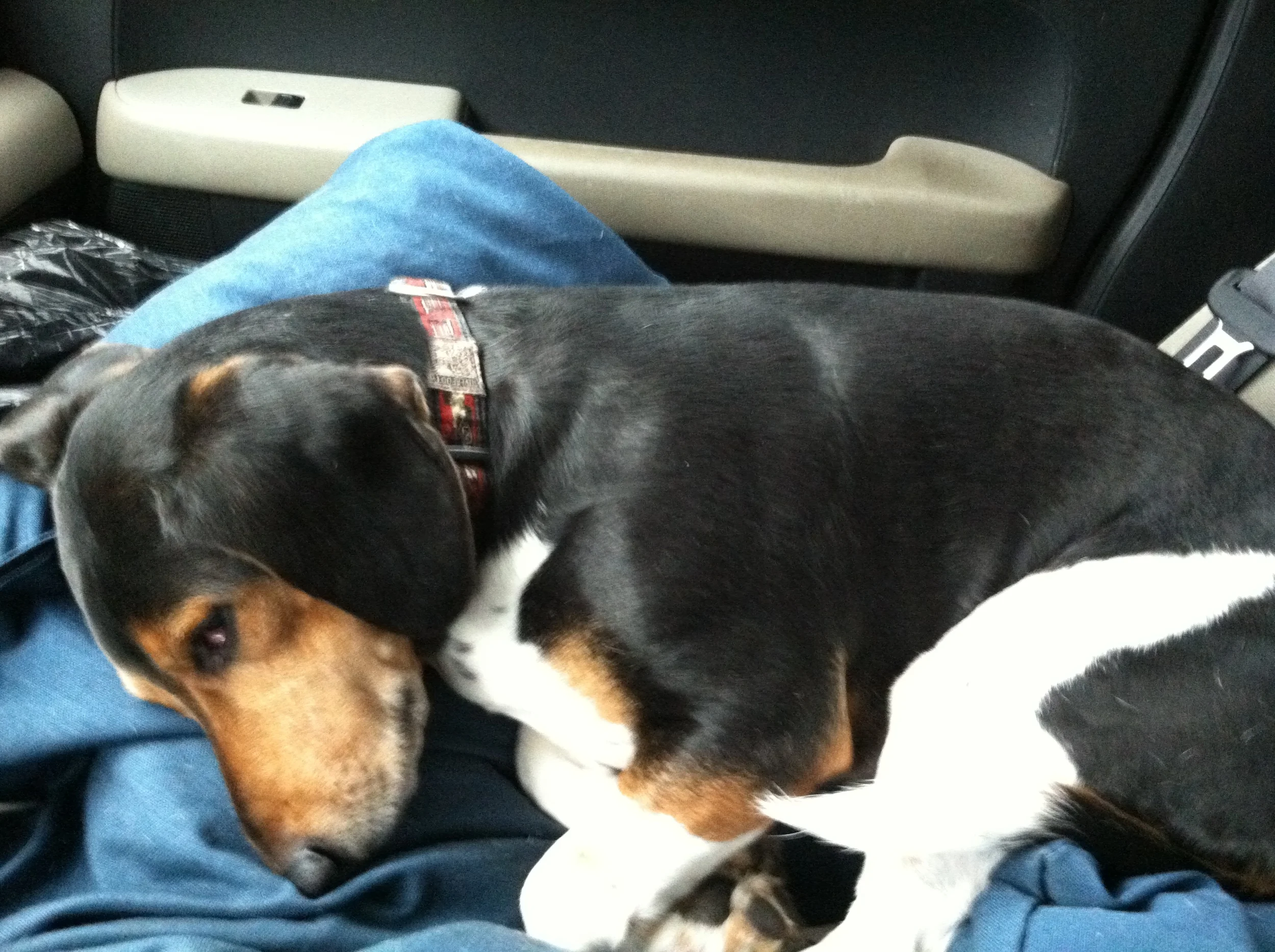For our clients, in almost every instance we work with clients who are confronted with a situation where they, often for the first time, are realizing that their own government will not protect them. It doesn't take much for the implicit trust that we have in our institutions to turn into a sense of panic and hopelessness. Many, if not all, of our clients come to us in that shocked state. We knew long before the election that the belief in our nation's systems working for our clients had faded. And that's what is important: that we acknowledge and accept that our system of justice, our system of opportunity, and our system of advocacy have to work for everyone. Fair Shake is about tilting those systems toward working for all in our everyday work and in our model of the practice of law.
Small-Scale Conservation: Protecting Privately-Owned Forestland for Future Generations
Private landowners hold more than 70 percent of Pennsylvania's forests and woodlots. For many such landowners, especially those without children to leave their land to in their wills, it may seem like they have no other option but to expose their land to the possibility of development when they are gone. However, many options exist to preserve privately owned land in its present state for the foreseeable future. This post intends to serve as a summary of the wide variety of methods open to a landowner looking to do so, and will discuss transfer to a land trust, conservation easements, deed restrictions, and government programs.
Pets in Hot Cars: Know Your Rights by Adam Cetra, FSELS Legal Intern
Many of us have been there before. You pull into a parking spot on a hot summer day, only to find a dog left unattended in the car next to you. You may be worried about what could happen if you simply move on with your day. According to the Humane Society, when it is 72 degrees Fahrenheit outside, the temperature inside a vehicle can heat up to 116 degrees Fahrenheit within an hour. When it is 80 degrees Fahrenheit outside, the temperature inside your car can heat up to 99 degrees Fahrenheit within 10 minutes. Further, rolling down the windows has been shown to have little effect on the temperature inside a car. Unlike humans, our pets do not have the ability to sweat to reduce their body temperatures. Being left in a vehicle can lead to a “painful, horrible death.” For example, once a dog’s body temperature exceeds 105 or 106 degrees, their cells start dying, which can lead to seizures or even mass organ failure and death.
Knowing the dangers to the animal, you may even be wondering how people can still do this after we see the same stories every year. As you sit there wanting to help, you may also be left to wonder what you can do in the moment, legally speaking. As with many legal issues, the answer is dependent upon the state in which you live.
Defending Your Environment Against Fracking Wastewater Disposal Injection: Citizen Suits under the Safe Drinking Water Act
Two recent studies by the U.S. Geological Survey, Duke University, and the University of Missouri have demonstrated that fracking wastewater injection disposal sites can lead to contamination of surface waters in nearby streams. Of particular concern, the studies found endocrine-disrupting activity in the streams at levels high enough to lead to adverse health effects in aquatic life. Where potential or actual public underground drinking water sources are affected, citizens suits under the Safe Drinking Water Act may provide a way for people to defend their environment from contamination by wastewater injection.
Amendments to PA Alternative Energy Regulations, Now Under Review
Next Thursday, May 19, Pennsylvania’s Independent Regulatory Review Commission (the “IRRC”) will consider significant amendments to the State’s Alternative Energy Portfolio Standards Act of 2004 (the “Act”). The amendments largely pertain to net metering, interconnection, and portfolio standard compliance provisions, as described in a final rulemaking issued by the PA Public Utility Commission (the “Commission”) on February 11, 2016 (passed by a vote of 3-2). The Commission primarily justifies these revisions as required to ensure default electric service rates are provided at the least cost to customers. These same changes, however, are opposed by renewable energy industry supporters on the basis they are unjustified by data and likely to decrease renewable energy use across the State.

















